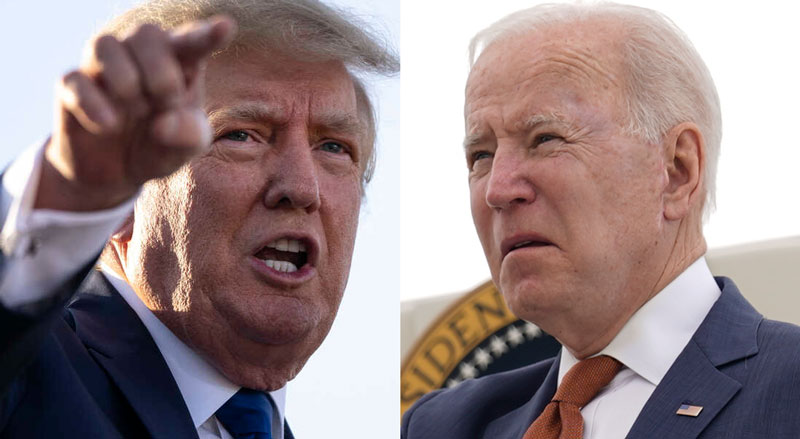In a rare display of bipartisanship, two House members from opposing sides of the aisle have come together to demand that the Biden administration abandon its case against Julian Assange, the founder of WikiLeaks. Assange's extradition to the United States is said to be imminent, prompting Reps. Thomas Massie (R-Ky.) and James McGovern (D-Mass.) to seek support from their fellow House members. This joint effort aims to encourage the Biden administration to withdraw the extradition request and put an end to all legal proceedings against Assange.
Press Freedom Concerns
The letter penned by Massie and McGovern underscores the serious concerns surrounding Julian Assange's case, particularly in relation to press freedom. They emphasize that these concerns have been echoed by international media outlets, human rights advocates, and proponents of press freedom. Notably, members of Congress have previously voiced their reservations about the ongoing prosecution of Assange. In their letter to Attorney General Merrick Garland, it was argued that the continued pursuit of Julian Assange undermines the United States' moral authority on the global stage and erodes the freedom of the press, a fundamental tenet protected by the First Amendment.
The Impact of Assange's Case
Julian Assange, as the founder of WikiLeaks, is facing multiple charges under the Espionage Act. These charges stem from his role in publishing classified documents related to the U.S. State Department, Guantánamo Bay, and the wars in Iraq and Afghanistan. His detention on remand in London since 2019 and the pending extradition to the U.S. followed the loss of his appeal against the extradition order in the United Kingdom's courts. The gravity of the situation is exemplified by the fact that various media outlets, including The New York Times, The Guardian, Le Monde, DER SPIEGEL, and El País, have united to express their deep concerns about the prosecution of Julian Assange. They argue that publishing should not be treated as a crime and that journalists should not face legal consequences for disclosing classified information.
Historical Perspective
The House members' letter to President Biden reminds him of the Department of Justice's stance in 2013 during his vice presidency. Back then, the DOJ decided not to pursue charges against Assange for publishing classified documents, recognizing the dangerous precedent such prosecution could set. The 1917 Espionage Act was initially intended to target government employees and contractors providing state secrets to enemy governments, not journalists and whistleblowers trying to inform the public about significant issues that some government officials might wish to keep hidden. The letter highlights the risk of damaging the U.S.' bilateral relationship with Australia if the extradition and prosecution proceed.
Facing the Charges
If Julian Assange exhausts his legal appeals and is extradited to the United States, he will face trial in Alexandria, Virginia. He is confronting 17 charges, including receiving, possessing, and communicating classified information to the public under the Espionage Act, as well as one charge alleging a conspiracy to commit computer intrusion.
Conclusion
The joint effort by Reps. Thomas Massie and James McGovern to rally support from their fellow House members reflects a growing concern for press freedom and the potential implications of Julian Assange's prosecution. As they rightly argue, the prosecution of a publisher sets a dangerous precedent, and it is in the best interest of the United States to reevaluate its extradition request against Assange. This bipartisan plea emphasizes the need to safeguard freedom of the press and maintain the nation's credibility on the global stage.
Free Speech and Alternative Media are under attack by the Deep State. We need your support to survive.
Please Contribute via GoGetFunding


